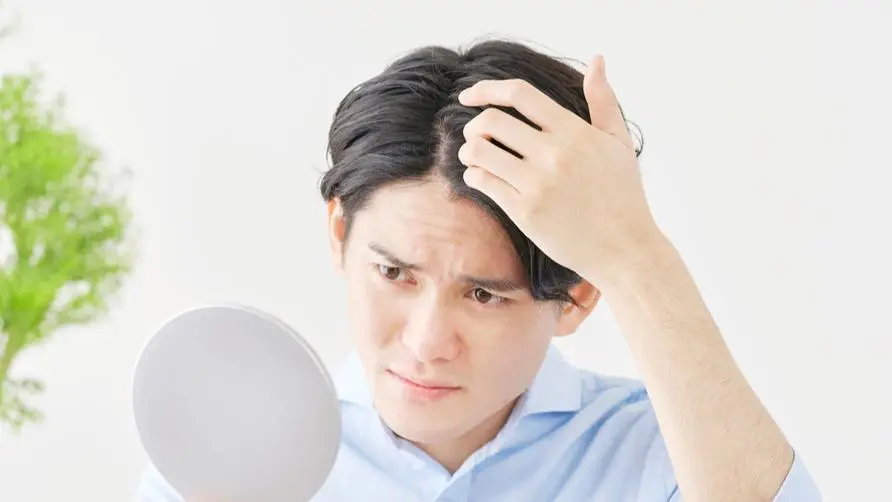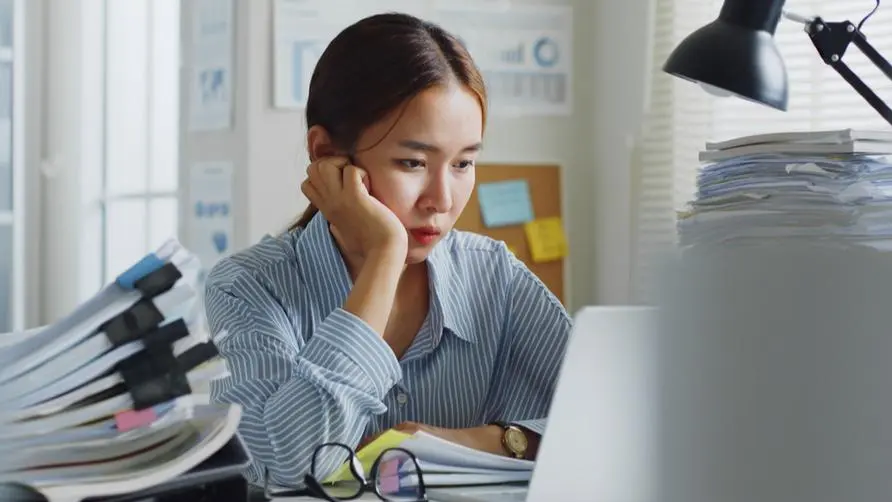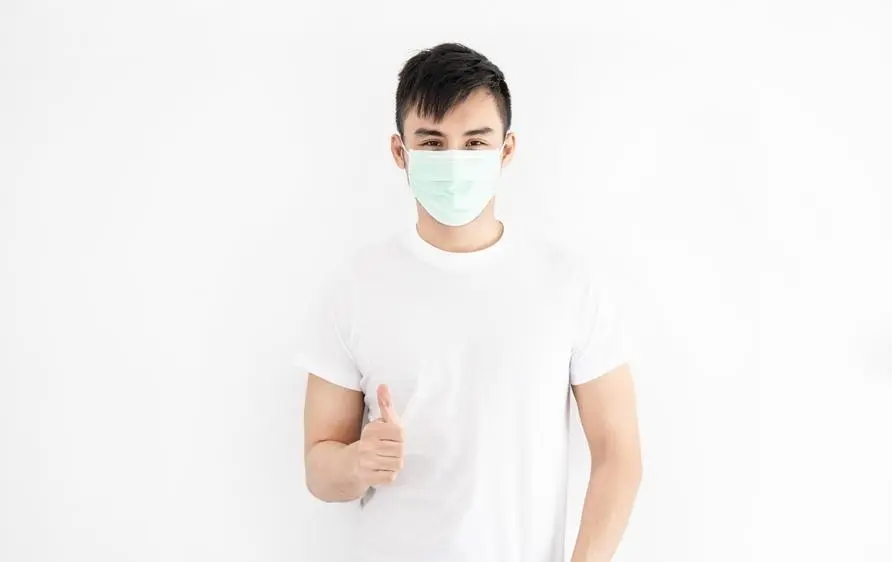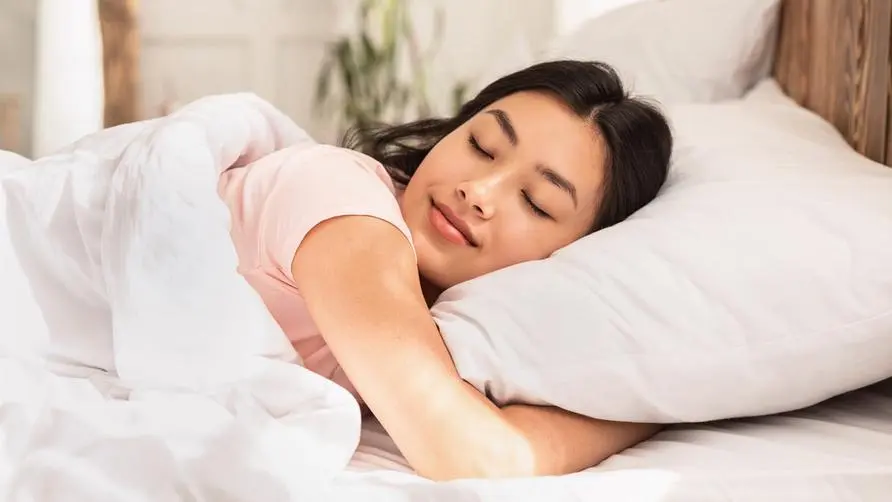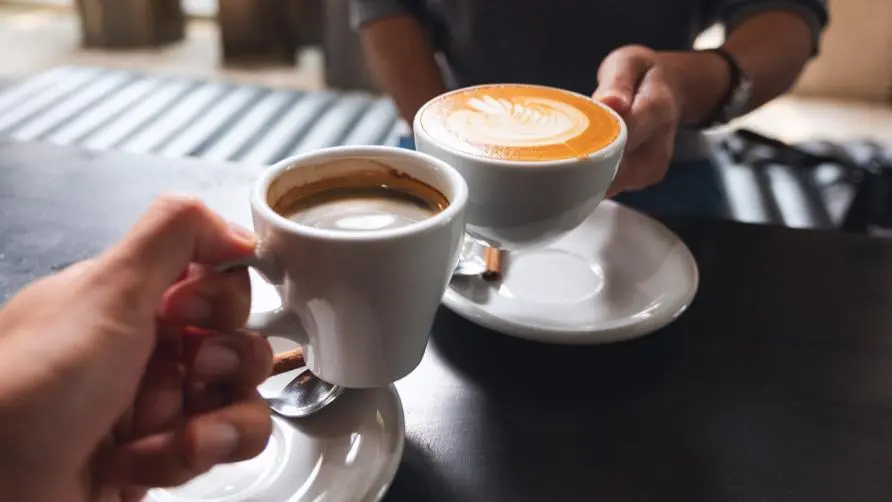There is no use in taking a vacation to drink coffee to refresh yourself! Unless you combine it with "1 behavior", you will only become more tired as you drink more.
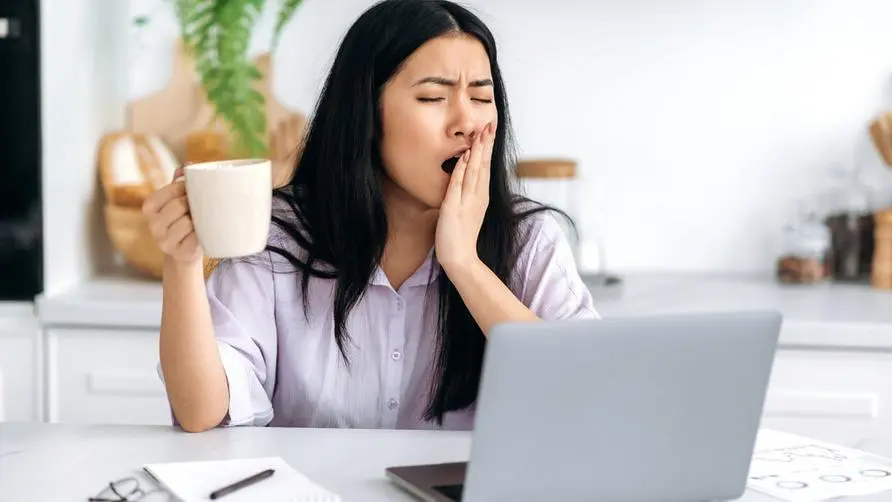
Get a cup of coffee to feel refreshed? Study slaps you in the face: Doing “these things” the night before will not help you feel refreshed
Want to have a cup of coffee to keep you energetic after the holidays, but the effect may be more limited than imagined? Insufficient sleep is often considered one of the common diseases of civilization among modern people, especially office workers who are overly busy and like to reverse day and night, which may increase the possibility of insufficient sleep. A study published by the American Psychological Association (APA) points out that caffeine may not be a “life-saving panacea” for lack of sleep. Changing diet and lifestyle habits may be the solution.
A research team from the University of Michigan gathered 275 long-term coffee drinkers and evaluated their mental state and work performance by completing two tasks. The first task is called “Psychological Vigilance Task” (PVT), which is relatively easy and has a high degree of execution; the second task is called “Occupying Place” (UNRAVEL), which is a measure of cognitive behavior of subjects in academic research. Indicators, this task requires a high degree of concentration and execution to complete.
All subjects took 200 mg caffeine or placebo capsules before performing the task. The results of the study found that consuming caffeine did allow the subjects to focus on completing the first task, but for the second difficult task, their performance was almost the same as that of subjects who did not consume caffeine.
Staying up late, drinking coffee day and night is useless! Taking it too late may cause insomnia
Kimberly Fenn, the author of the study and a psychology expert at the University of Michigan, said that the prerequisite for caffeine to reduce sleepiness and improve concentration must be based on good sleep quality and living habits. If you need to perform difficult tasks or concentrate in a short period of time, drinking coffee as a “cramming” method cannot offset the damage caused by staying up late, switching days and nights, eating late night snacks, and scrolling on mobile phones in the middle of the night. .
“People mistakenly believe that caffeine can improve work performance and maintain focus. In fact, drinking coffee has very limited help!” Fenn said that for people who are more sensitive to caffeine concentration, drinking coffee to refresh themselves may be putting the cart before the horse. Practice, on the contrary, is a major culprit affecting sleep at night. Therefore, changing the sleeping environment, not eating before going to bed, and not swiping on your mobile phone may be more refreshing than drinking coffee in the morning.
Is taking a nap after drinking coffee more refreshing? Experts remind: first master the 4 principles to be effective
Although the effects of caffeine intake have long been overestimated by the public, if you drink it at the right time, there is still a chance to reduce drowsiness and improve work efficiency? Research results published in “Chronobiology International” show that after caffeine enters the brain through blood vessels, it antagonizes the neurotransmitter “adenosine” (Adenosine) that makes the human body feel sleepy, thereby making it difficult for adenosine to reach the receptors and preventing drowsiness. Feeling sleepy.
“During a nap, adenosine levels in the brain naturally decrease, making it easier for caffeine to enter brain receptors, allowing nappers to feel refreshed when they wake up.” Study author Stephanie Centofanti suggests that caffeine naps may be able to Helps improve work efficiency and concentration, but nappers must still follow the following four principles, otherwise the effect will be limited:
Avoid taking too long a nap. Caffeine naps should be kept between 15-20 minutes and should not exceed 20 minutes. Centofanti believes that after resting for more than 20 minutes, the human body is prone to entering “deep sleep”; once this happens, it will increase the feeling of fatigue after waking up and offset any effects of caffeine.
Avoid napping right before bed. Drinking caffeine in the afternoon or evening is more likely to affect sleep than during the day; if you accidentally doze off or fall asleep at this time, the risk of insomnia at night may increase. Centofanti emphasized that considering the time it takes for the body to decompose caffeine, there needs to be a gap of more than 6 hours between caffeine nap time and nighttime bedtime.
Drink no more than 2 cups. Centofanti reminds that if you plan to use caffeine to wake you up before taking a nap, it is best to drink it as soon as possible and fall asleep before you start to feel the effects. In addition, it is recommended that you should not drink more than 2 cups of coffee before taking a nap.
Avoid additives in coffee. Centofanti recommends drinking mainly black coffee and avoiding added creamer, milk powder or refined sugar. Adding sugar or flavoring not only makes it easy to drink up excess fat, but may also greatly reduce the effect of caffeine.
Finally, Centofanti emphasized that not everyone is suitable for drinking caffeine to refresh themselves. If you have high blood pressure, coffee can easily cause heart palpitations, anxiety, increased diastolic blood pressure and difficulty sleeping, and is considered a risk factor for high blood pressure. In addition, the general public should develop good living habits, such as exercise, a balanced diet and a good daily routine, which can help improve sleep conditions, rather than relying solely on caffeine.
Source:
The alerting effects of caffeine, bright light and face washing after a short daytime nap
A pilot study investigating the impact of a caffeine-nap on alertness during a simulated night shift
Caffeine selectively mitigates cognitive deficits caused by sleep deprivation
Further reading:
